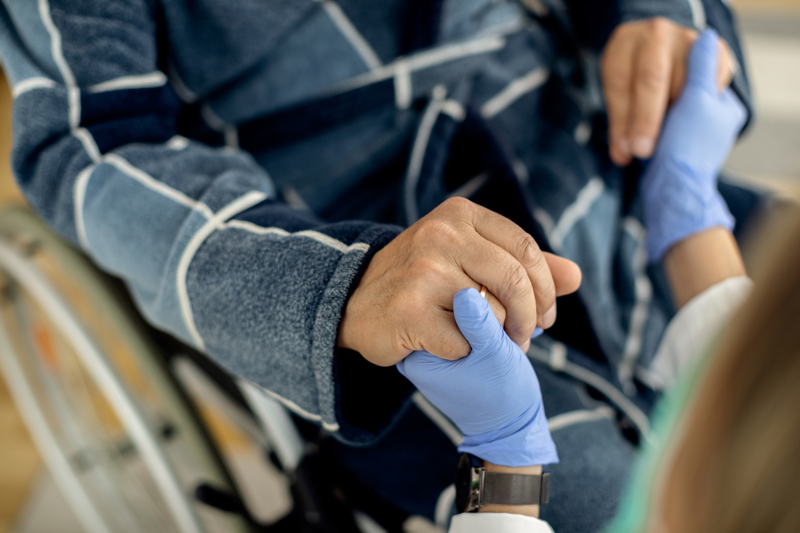Parkinson’s disease is a chronic condition that significantly affects the motor system and quality of life. Deep Brain Stimulation (DBS), or brain pacemaker surgery, is one of the most effective treatments to manage its symptoms. But who is this procedure suitable for?
What is Deep Brain Stimulation?
Deep Brain Stimulation is a neuromodulation treatment that helps control Parkinson’s symptoms by delivering electrical impulses to specific areas of the brain. It is effective in reducing tremors, rigidity, and movement limitations.
Eligibility Criteria for the Surgery
- Confirmed Parkinson’s Diagnosis: Patients who have been diagnosed with Parkinson’s disease for at least 4-5 years.
- Response to Medications: Candidates who respond to Parkinson’s medications (e.g., levodopa) but experience severe side effects or insufficient relief.
- Age Limit: Generally recommended for patients under the age of 75 who are in good overall health.
- No Dementia or Severe Psychiatric Issues: Candidates without severe cognitive impairments or psychiatric conditions.
What is Deep Brain Stimulation?
Deep Brain Stimulation is a neuromodulation treatment that helps control Parkinson’s symptoms by delivering electrical impulses to specific areas of the brain. It is effective in reducing tremors, rigidity, and movement limitations.
What Symptoms Can DBS Address?
- Tremors
- Movement limitations
- Muscle rigidity
- Gait problems
- Reduction in medication side effects
Deep Brain Stimulation is an effective method for improving the quality of life in Parkinson’s patients. However, it may not be suitable for everyone. A thorough evaluation is essential to determine eligibility. Consult your healthcare provider for more information about treatment options.




